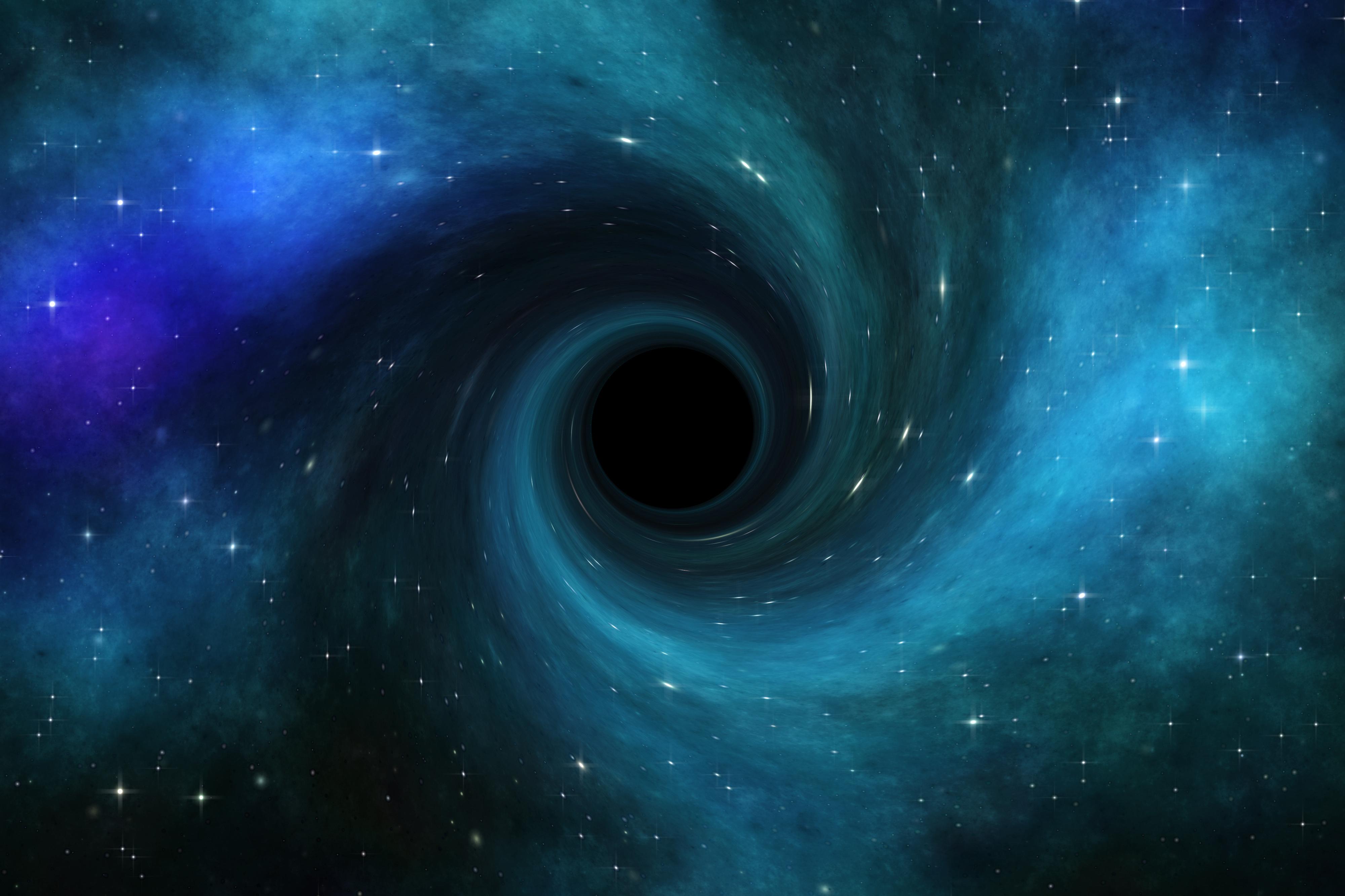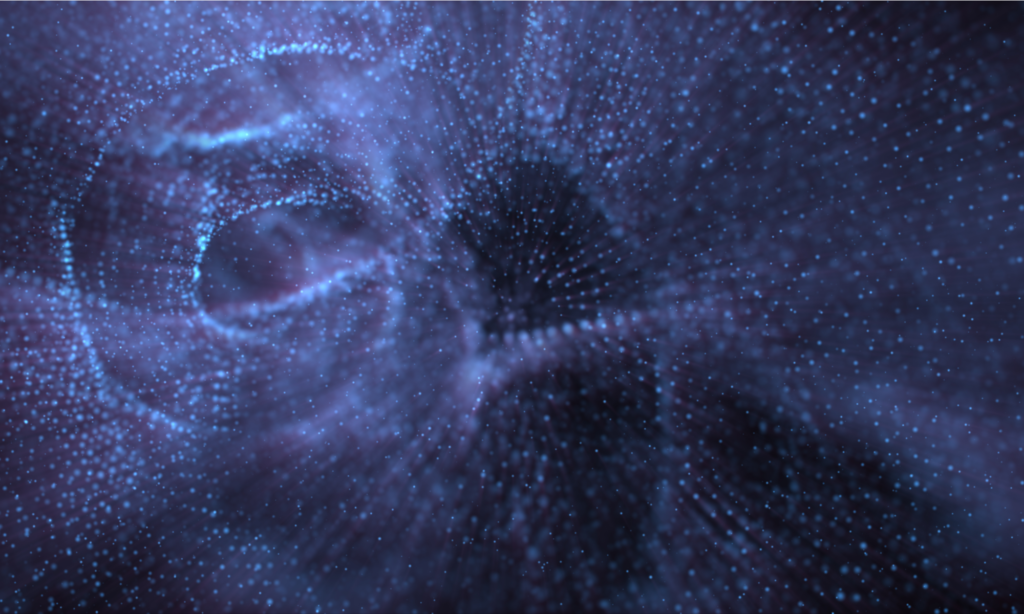dark matter
A new study proposes that Hawking radiation could be used to find dark matter in places like primordial black holes.
A new AI-generated map of dark matter shows previously undiscovered filamentary structures connecting galaxies.
Science is an ongoing flirtation with the unknown.
We’re cautiously optimistic about our new findings.
Researchers propose a new method that could definitively prove the existence of dark matter.
A new study found the possible reason why some dwarf galaxies appear to not have dark matter.
Scientists with the the Dark Energy Spectroscopic Instrument (DESI) Legacy Imaging Surveys spent six years creating a detailed map of more than 1 billion galaxies.
Dr. Katie Mack explains what dark energy is and two ways it could one day destroy the universe.
▸
9 min
—
with
A new study proposes mysterious axions may be found in X-rays coming from a cluster of neutron stars.
Researchers from MIT invent a highly accurate clock using quantum entanglement that can lead to new physics.
The images and our best computer models don’t agree.
What we know about black holes is both fascinating and scary.
▸
13 min
—
with
Tyson dives into the search for alien life, dark matter, and the physics of football.
▸
14 min
—
with
The planet that we are searching for is a little bit smaller and closer than we originally thought.
▸
4 min
—
with
Have we already found dark matter? It may be hiding in existing data, says a study.
Do space and time really exist? NASA astronomer Michelle Thaller looks at the implications of Einstein’s famous equation E=mc2.
▸
11 min
—
with
New study of gamma rays and gravitational lensing points to the possible presence of dark matter.
Astronomers find these five chapters to be a handy way of conceiving the universe’s incredibly long lifespan.
A new study rocks prevailing theories on antimatter in the early Universe.
Is information the fifth form of matter?
Throughout history, we find knowledge that can’t possibly be documented, but still it exists.
▸
4 min
—
with
A new paper suggests that the mysterious X17 subatomic particle is indicative of a fifth force of nature.
Matter can indeed sprout out of nothingness, causing the universe to expand.
Researchers develop a novel method to measure gravity that can get much more information.
An Oxford scientist claims a Nobel-Prize-winning conclusion is wrong.
An Oxford scientist’s controversial theory rethinks dark matter and dark energy.
A single typo in the “dark matter” of the genome drives multiple types of cancer.
Japanese physicists devise technology to discover axion dark matter.
New experiments look to the interplay between neutrons and magnetic fields to observe our universal reflection.
Feel like traveling to another dimension? Better choose your black hole wisely.





























